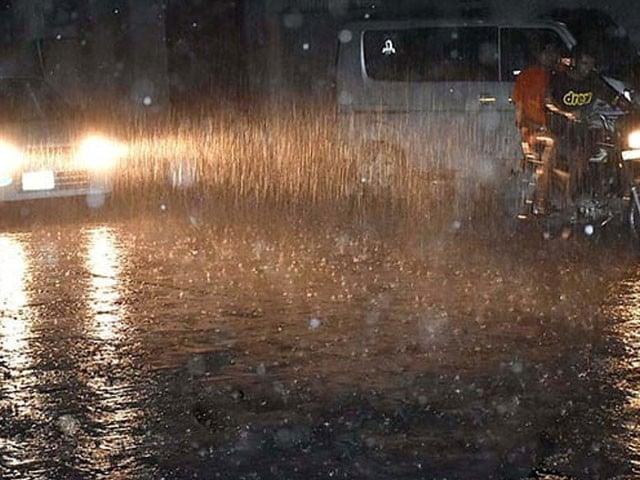The National Disaster Management Authority (NDMA) has issued a weather warning on Monday, warning about persistent heat and dry conditions in most Pakistan from June 2 to 7.
The notice also included an isolated rain forecast, wind storms and thunderstorms in selected and northeast regions.
According to the National Emergency Operation Center (NEOC), high temperatures will dominate Punjab, Sindh and Baluchistan, and little relief is expected throughout the week.
However, intermittent climatic disturbances are expected to affect parts of Khyber-Pakhtunkhwa (KP), Gilgit-Baltist (GB) and Azad Jammu and Kashmir (AJK), which can affect local communities and agriculture.
نیشنل ایمرجنسیز آپریشن سینٹر:
2 -7 جون کے دوران بیش omin علاقوں میں گرم اور خشک رہے گا ، جبکہ پوٹھوہار شمال مشرقی پرقی پرقی آزاد کشمیر میں گرج چمک کے کے سا سا Obsion pic.twitter.com/nubh1kvcqc– Ndma Pakistan (@ndmapk) June 2, 2025
In Punjab, dry climatic and climatic conditions are expected to affect most areas. However, areas such as Rawalpindi, Attock, Chakwal, Jhelum, Lahore, Gujranwala, Sialkot, fine, Bahawalpur and Dera Ghazi Khan could experience sporadic storms, wind storms and dust storms, particularly between June 2 and 5.
Baluchistan will continue to support hot and dry conditions, with districts such as Quetta, Tobat, Gwadar, Khuzdar and Zhob they hope to feel the heat. Similarly, Sindh, including Karachi, Hyderabad, Sukkur, Larkana and Mirpurkhas, will experience intense heat.
KP will see hot and dry conditions, although the northern regions such as Chitral, Dir, Swat, Kohistan, Shangla, Malakand, Abbottabad and Kurram can receive isolated showers and storms between June 2 and 6.
In GB and AJK, partially cloudy skies are expected with isolated rain possibilities and electric storms in areas such as Gilgit, Skardu, Hunza, Muzaffrabad and Mirpur, which continue until June 7.
The NDMA has urged all provincial and district disaster management authorities to remain on a maximum alert, improve emergency preparation and coordinate closely with local response units.
The public is advised to limit unnecessary trips, especially in mountainous areas or flood prone, and ensure vulnerable infrastructure such as trees, electric lines and solar panels.
Farmers have been advised to take measures to protect permanent crops from hail storms and strong winds. Tourists and travelers have been urged to have caution during outdoor or mountainous activities.




